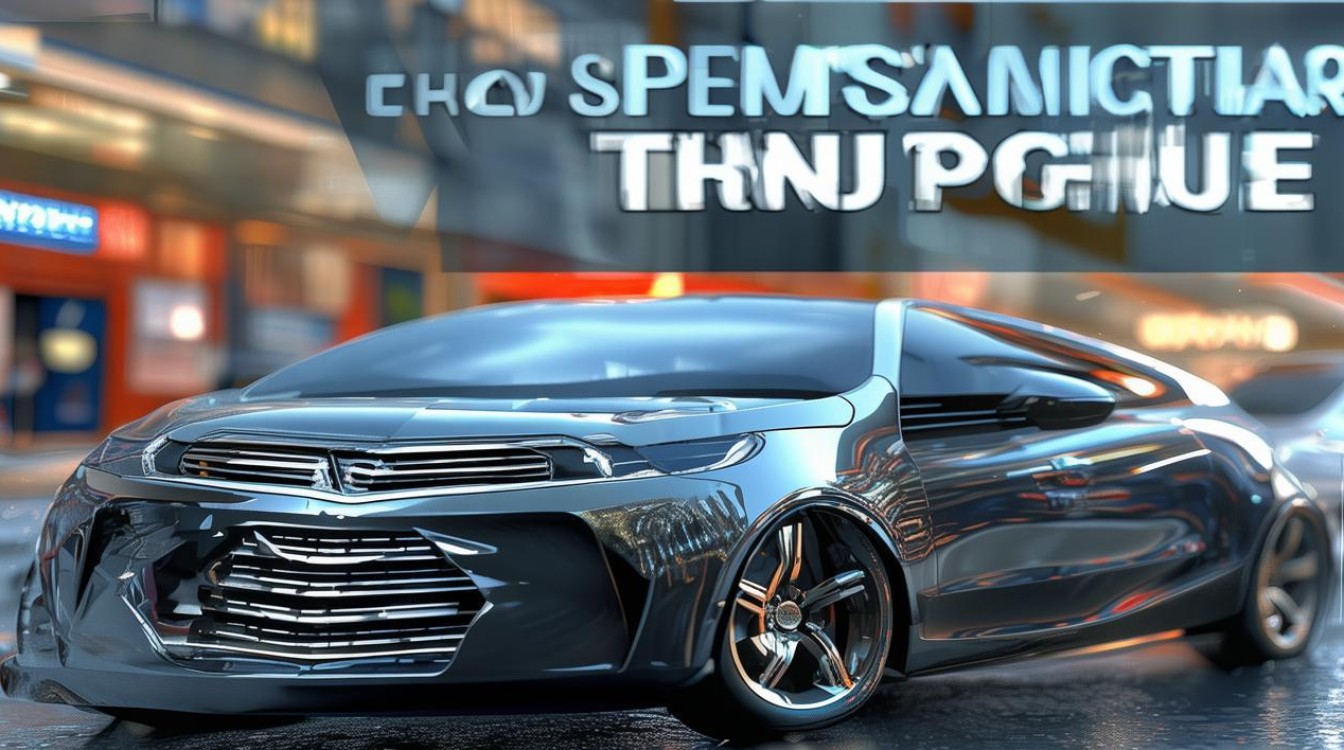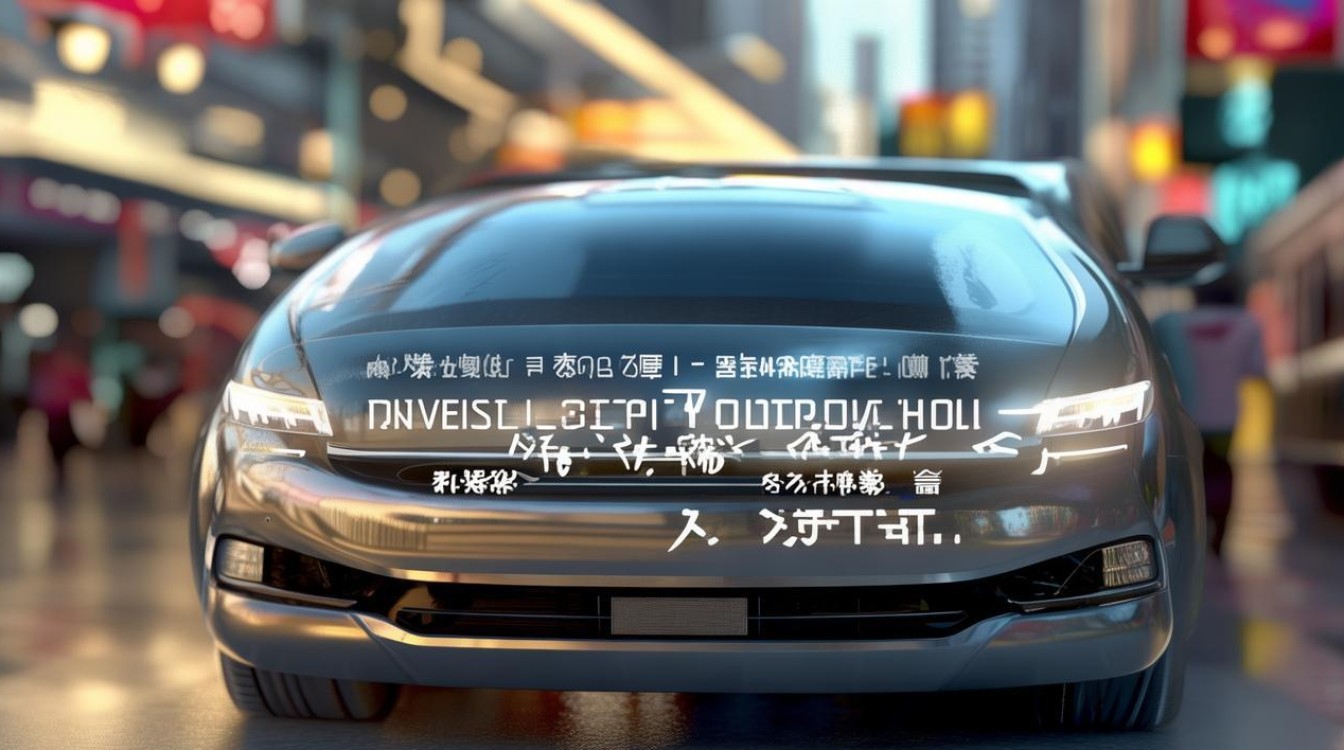掌握交通工具相关的英语对话对旅行、出差或日常交流至关重要,无论是预订机票、询问公交路线,还是租车时的沟通,流利的表达能节省时间并提升体验,本文将提供实用对话技巧、高频场景句型,并整合最新行业数据,帮助访客轻松应对各类交通场景。

高频交通工具英语对话场景
机场与航班对话
典型对话示例:
-
Check-in Counter (值机柜台):
A: "I'd like to check in for flight AA 217 to New York."
B: "May I see your passport and boarding pass? Do you have any bags to check?" -
Security Check (安检):
A: "Do I need to remove my laptop from the bag?"
B: "Yes, please place all electronics in a separate tray."
最新数据支持:
根据国际航空运输协会(IATA)2023年报告,全球航空客运量已恢复至疫情前水平的89%,英语仍是机场通用语言,常见问题TOP3包括行李限额(23%)、航班延误(31%)和座位选择(18%)。
| 机场高频问题 | 占比 | 常用英语句型 |
|---|---|---|
| 行李托运规则 | 23% | "What's the weight limit for checked baggage?" |
| 航班延误信息 | 31% | "Is the flight delayed? What's the new departure time?" |
| 登机口变更 | 15% | "Has the boarding gate changed?" |
数据来源:IATA 2023 Global Passenger Survey

公共交通对话
地铁/公交场景:
-
购买车票:
A: "A single ticket to Central Station, please. How much is it?"
B: "£2.40. The next train arrives in 5 minutes." -
问路:
A: "Does this bus go to the Museum District?"
B: "No, you need to transfer to Line 3 at the next stop."
数据洞察:
伦敦交通局(TfL)2023年数据显示,67%的游客使用英语询问路线,而“Oyster Card充值”和“末班车时间”是最高频查询内容。
租车与自驾对话
租车柜台必备句型:

- "I reserved a compact car under the name Wang."
- "What's the daily rate including insurance?"
根据Statista 2023年报告,全球租车市场规模达1,240亿美元,英语合同中需特别注意以下条款:
- Mileage limits (里程限制)
- Collision Damage Waiver (CDW, 碰撞险)
- Fuel policy (燃油政策): "Full-to-full" 或 "Pre-paid fuel"
提升对话效果的3个技巧
-
使用简洁句型结构
- 避免复杂从句:
✖ "Could you tell me where I should go to find the taxi stand?"
✔ "Where is the taxi stand?"
- 避免复杂从句:
-
记住关键术语
- 交通工具术语:
- Non-stop flight (直飞) vs Connecting flight (转机)
- Peak fare (高峰票价) vs Off-peak fare (非高峰票价)
- 交通工具术语:
-
活用礼貌短语
- "Could you...?" 比 "I want..." 更得体
- 回应帮助时:"That’s very helpful, thank you!"
文化差异注意事项
-
出租车小费习惯:

- 美国:15-20%
- 日本:不需小费
- 英国:通常凑整(如£9.50付£10)
-
火车票购买差异:
- 欧洲:多数需打卡激活车票
- 中国/日本:闸机自动检票
实战演练:模拟对话练习
场景:航班改签
A: "My flight was canceled. Can I get on the next available one?"
B: "Let me check... There's a seat on the 3 PM flight. Would you like me to rebook you?"
A: "Yes, please. Will there be any additional fees?"
场景:地铁故障
A: "Excuse me, why has the train stopped?"
B: "There’s a signal problem ahead. A replacement bus service is running from Platform 2."
英语对话的核心在于清晰表达需求与理解关键信息,通过熟悉场景化句型、关注最新行业规则(如2023年欧盟取消航班现金补偿上限),结合文化差异灵活应对,交通出行将不再有语言障碍,多听机场广播、公交播报等真实语料,是提升听力的有效方法。




